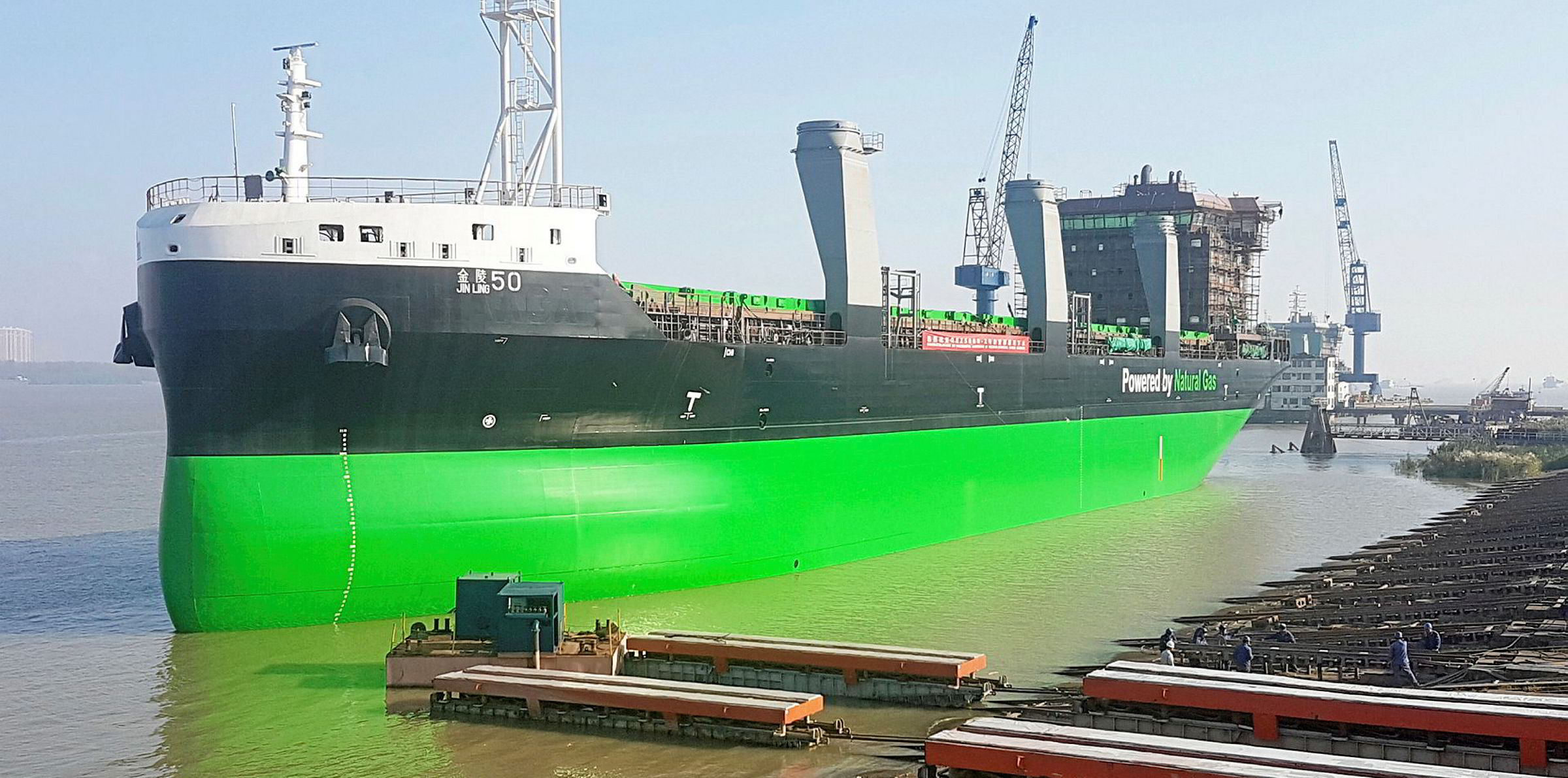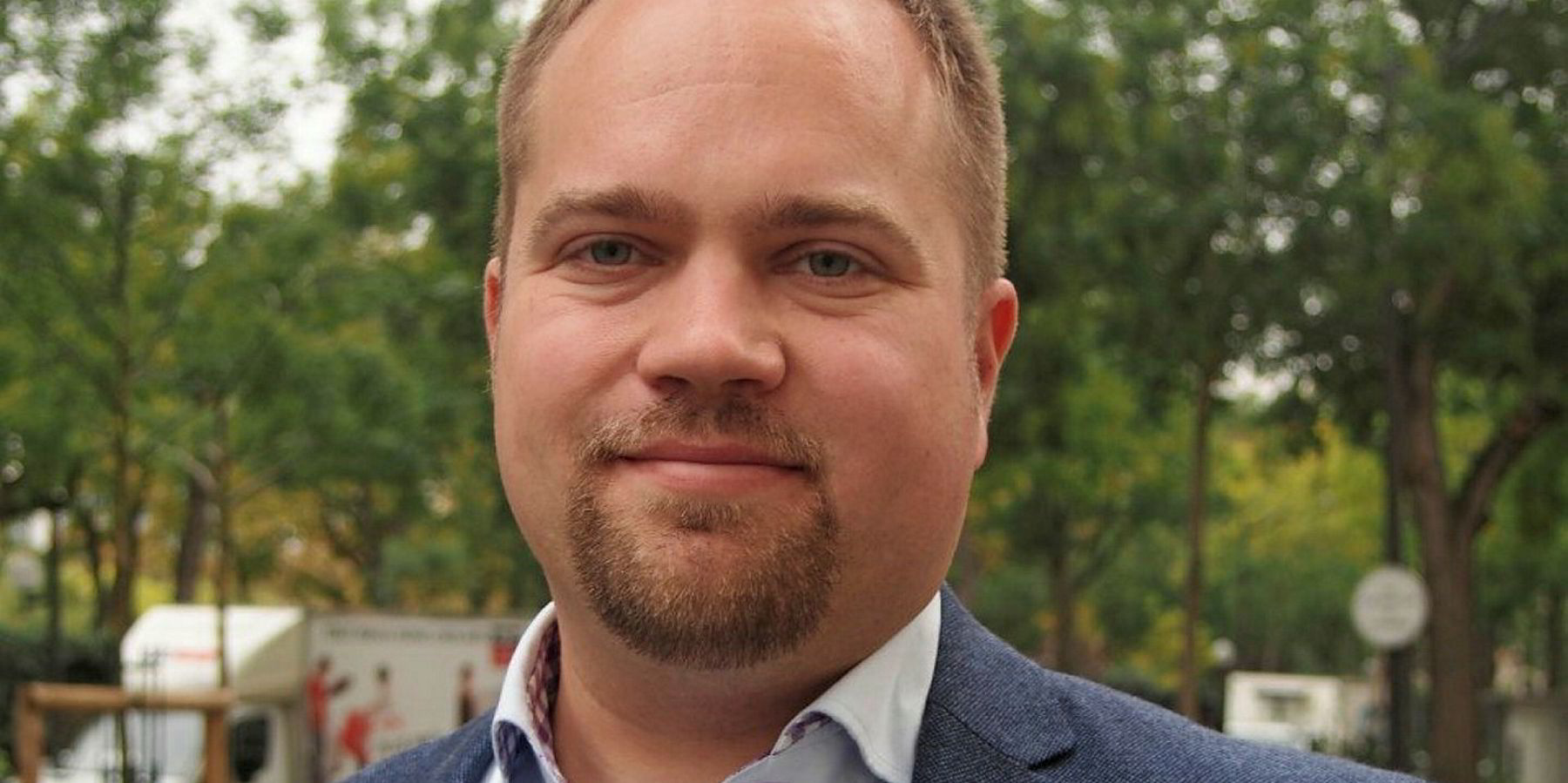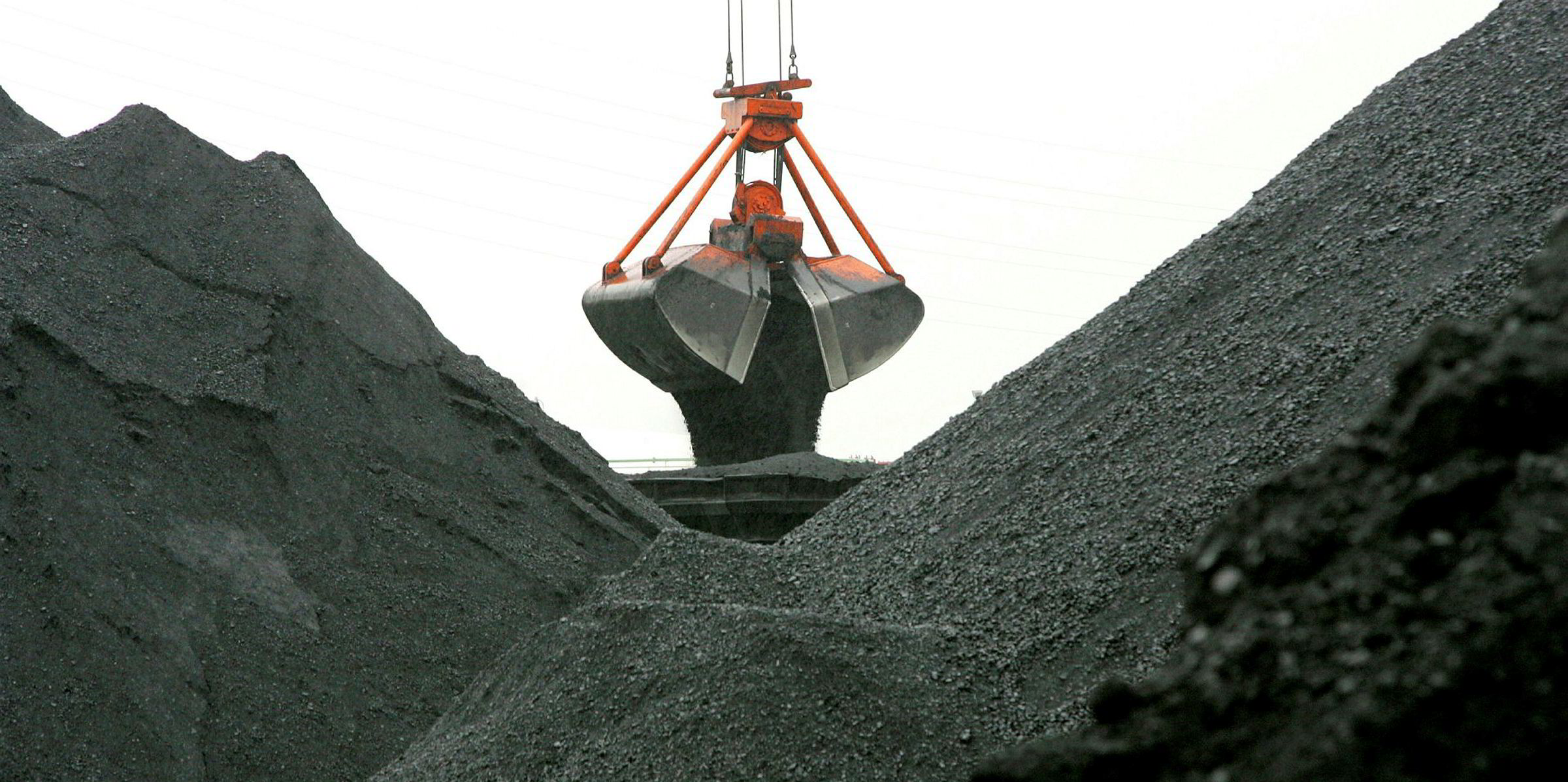Finland's ESL Shipping says its LNG-fuelled bulker scheme has cut emissions by up to 50% compared with conventional ships.
The 25,500-dwt Viikki and 23,650-dwt Haaga (both built 2018) are part of the Bothnia Bulk project to mitigate climate change and air pollution in the year-round supply of raw materials in the Bay of Bothnia.
ESL said total CO2 emissions are down by as much as half, while significant reductions were made in other harmful emissions such as SOx, NOx and particulates.
The European Union co-funded handysizes have shore power connection and other energy-efficiency measures on board.
"The LNG technology and infrastructure enable the usage of fossil-free biogas as ship fuel, which further reduce air emissions," ESL added.
"In addition, the project established onshore power supply and improved efficiency in port operations."
The project partners include the ports of Raahe, Lulea and Oxelosund, as well as steel company SSAB Europe.
The scheme has also seen an LNG-refuelling truck introduced.
The project received financial support from the EU via the Connecting Europe Facility for Transport programme.
But the introduction of the ships in 2018 from Jinling Shipyard in China did not go well at first.
The bulkers suffered serious technical faults with their Cargotec MacGregor cranes, limiting their operation.
In May last year, ESL said these problems had been "mainly fixed".
Ships coming out of lay-up
The company said in its third-quarter report that it plans to charter in vessels and bring others out of lay-up as demand picks up in the final quarter.
The Baltic Sea specialist has suffered this year from production capacity cuts in heavy industry as a result of the coronavirus pandemic.
Cargo volumes fell to 3.1m tonnes from 4.2m tonnes in the third quarter.
ESL reacted by laying up three of its vessels of above 10,000 dwt. It also terminated charters for smaller bulkers.





